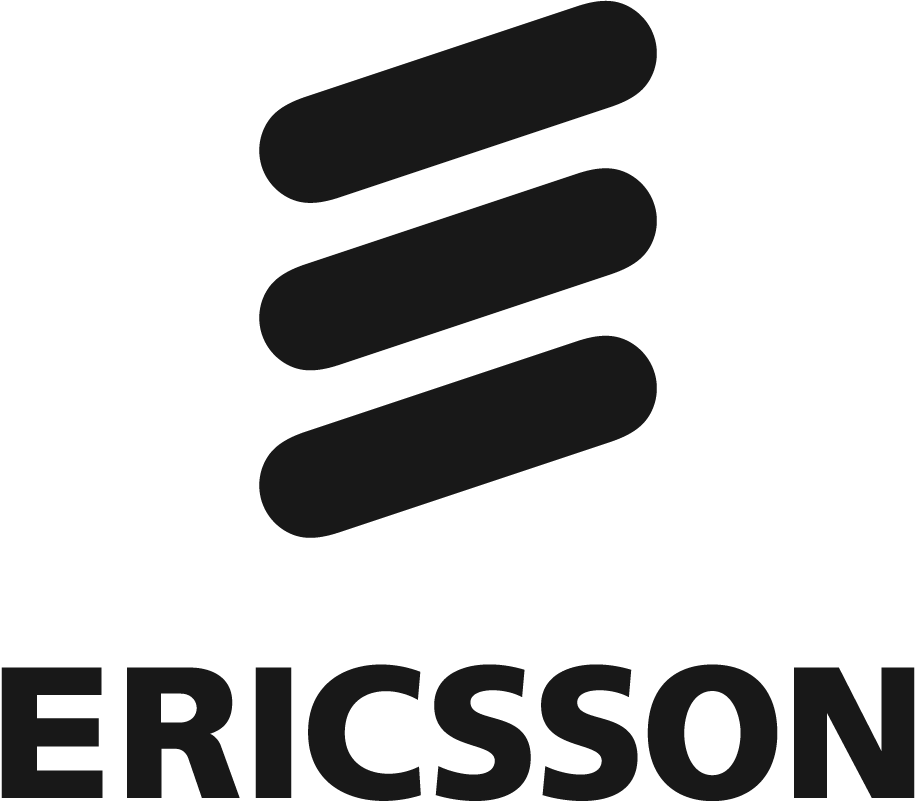Sustainability Creates Value
Originally published in Ericsson's 2021 Sustainability and Corporate responsibi…
Ericsson has been a sustainability pioneer in the private sector and has been reporting on its progress in this area for more than 20 years. Sustainability and responsible business practices are fundamental to Ericsson’s culture and its strategy to drive business transformation and create value for stakeholders. The Company firmly believes that part of that value is derived from its focus on sustainability in its operations, portfolio and how its technology is applied across sectors of society.
Technology as driver of positive change
Ericsson was founded on the premise that access to communication is a basic human need and should be available to all. Ericsson’s vision to improve lives, redefine business and pioneer a sustainable future is built on the power of mobile connectivity to deliver positive impact. The Company’s efforts in pioneering a sustainable future are grounded in research and science as well as concrete targets set across its value chain.
Energy consumption, costs and sourcing are global business challenges and directly linked to the ICT industry’s ambition to be Net Zero. The Company and its customers have made reducing energy use in network operations a priority, and Ericsson continues to make substantial investments in energy-efficiencyled R&D, as well as product and solution development, across all technology portfolios. These investments allow the Company to offer customers sustainable and innovative alternatives for their network modernization strategies. The 5G standard is essential to many of these advances, as it is designed to enable high performance and low network energy consumption.
In line with the industry’s aspiration, Ericsson has set an ambition to reach Net Zero carbon emissions across its value chain by 2040 and, to that end, is working toward halving emissions in its supply chain and portfolio by 2030 and being Net Zero in its own activities at the same time. In addition to reducing company and ICT industry impacts, the technology Ericsson delivers has the potential to reduce global carbon emissions in other sectors by 15% by 2030 and will play a key role as technology helps to redefine business.
During the second year of the global COVID-19 pandemic, digitalization continued to prove critical to social and economic development. However, around 2.9 billion people globally remain offline and are unable to enjoy the benefits of the digital economy. There are several important ways in which Ericsson can improve lives, including developing and delivering offerings to bridge the digital divide, deploying networks that support universal connectivity and developing solutions that can help improve financial inclusion as well as access to information and other services.
The Company also contributes to digital inclusion through its efforts in education. Ericsson is a partner to UNICEF in the Giga initiative with the aim to connect every school to the internet by 2030. In addition, as part of the World Economic Forum’s Edison Alliance, Ericsson has committed to improving digital literacy and skills development for one million children and youth by 2025 to help them prepare for a 5G future.
Conducting business responsibly
Responsible business is the foundation of everything Ericsson does, no matter where in the world it operates. Ericsson drives a proactive agenda to improve and strengthen its responsible business practices, with a focus on building and maintaining trust, transparency and integrity.
Ericsson’s commitment to sustainability and corporate responsibility is reflected in its policies and practices. The Company supports the Ten Principles of the UN Global Compact as well as the UN Guiding Principles on Business and Human Rights. Ericsson is committed to building a culture founded on integrity and compliance as well as demonstrating how taking responsibility throughout its value chain is fundamental to its success and a way to drive real and lasting positive impact.
Building on decades of sustainability reporting, the Company has begun a journey to report progress on environmental, social, and governance goals aligned to the World Economic Forum’s Stakeholder Capitalism metrics.
Contributing to the achievement of the Sustainable Development Goals
The technology Ericsson delivers has the potential to contribute to the achievement of all 17 United Nations Sustainable Development Goals (SDGs).
Ericsson’s core contribution to the SDGs is primarily through SDG 9 – Industry, innovation and infrastructure, and SDG 17 – Partnerships for the goals. These two SDGs are central to Ericsson’s business as a technology leader that creates and orchestrates ecosystems and works across trusted partnerships to create positive impact at scale.
With this approach, Ericsson enables public and industrial sectors to access technology that helps them accelerate progress towards targets in key areas related, but not limited to, SDG 13 – Climate action; SDG 12 – Responsible production and consumption; SDG 8 – Decent work and sustainable economic growth and SDG 4 – Education. Ericsson’s sustainability targets on climate, responsible business practices and production systems contribute to the ambitions behind the same SDGs.

